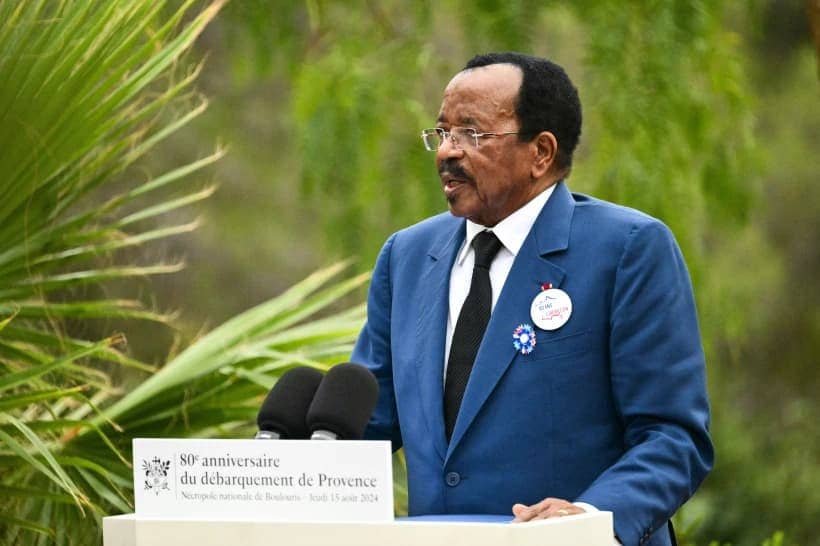YAOUNDÉ, Cameroon – In just two months, the Catholic Church in Tanzania has lost 25 priests and 60 nuns to the COVID-19 pandemic.
Authorities in Tanzania had long played down the severity of the coronavirus, but the spike in the deaths of Catholic clergy has once again pushed the country’s bishops to warn Tanzanians to take the virus seriously.
“As the Catholic Church, we provide services in all regions of the country; we are actually spread to the communities covering the whole country, providing various services,” said Father Charles Kitima, secretary of the Tanzania Episcopal Conference – in an interview with the BBC on Tuesday.
“We have experienced since December till date an increase in deaths of our human resources offering social services like education, healthcare, development, etc … it doesn’t mean that in the past they were not dying, they were dying, but the number has a little bit shocked us because the number has risen. We can’t say if all of them died from COVID but what we have noticed is that the number has increased more than in the past,” the priest said.
He said some of the victims were suffering from some underlying health conditions, including diabetes, bronchitis and high blood pressure, but “what we have used as a base to say [they died] due to infections of corona is relying on the symptoms because when you go to the hospitals you are told this one died because of having breathing difficulties or pneumonia,” both of which are symptoms of COVID-19.
“I cannot say outright that they died because of COVID-19 because I am not a doctor, but the doctors say they died having symptoms of COVID-19 and with the reality that COVID is there, I would end up saying some of those who died out of this number which is not normal, have died out of corona,” Kitima said.
The priest claimed Tanzanians were not adhering to any preventive measures “because they are not given any enforcement by the government.”
For months, authorities in the country had insisted that Tanzania was free of COVID-19, and stopped publishing COVID-19 statistics in May 2020. At that time, the government recorded 509 cases and 21 deaths.
Even when members of his own government started dying with COVID19 symptoms, President John Magufuli warned medical personnel not to refer to people with “respiratory difficulties” as suffering from COVID–19.
During the burial of one government official who died with symptoms of the disease, the president urged Tanzanians to participate in three days of prayer for “respiratory illnesses” that had become a challenge in Tanzania.
In the face of such denialism and with the possibility that East Africa’s largest country could endanger the regional response to the pandemic, the Director General of the World Health Organization, Tedros Adhanom, issued a statement on February 21 noting that the situation in Tanzania was “concerning.”
“I renew my call for Tanzania to start reporting COVID-19 cases and share data. I also call on Tanzania to implement the public health measures that we know work in breaking the chains of transmission, and to prepare for vaccination,” the statement read.
The statement seemed to soften the stance of the Tanzanian leader.
The same day the WHO statement was made; Magufuli, a practicing Catholic, came out of a church service at the St Peter’s Parish in Dar es Salaam and urged his people to listen to the advice of health professionals and wear masks, insisting though that only locally made masks should be worn, because masks coming from abroad could not be trusted.
He further warned Tanzanians against vaccine trials that could ” have serious repercussions on our health,” and rather urged his citizens to indulge in unproven natural remedies such as steam inhalation.
Kitima says despite these hurdles, the Church has to take its responsibility and urge people to take the necessary precautions to stop the spread of the coronavirus.
“It is upon every one of us to make sure that we take all the required precautions and protect ourselves and others, especially the elderly and those with pre-existing health conditions,” he told a press conference in Dar es Salaam on Tuesday.
“People are not tested. That’s a big challenge. The Church has about 500 health centers across the country, but we are not allowed to test, and we don’t have the equipment to do so,” he said.
So far, 15 African nations have received vaccines, with 8 already starting their vaccination programs. It’s unclear when Tanzania will join them.














